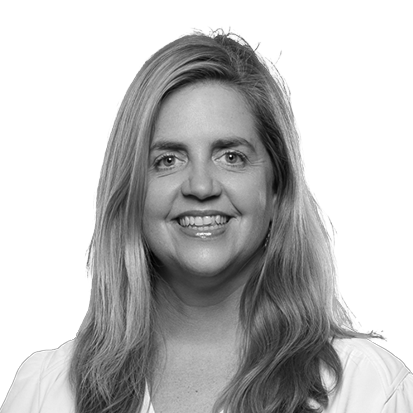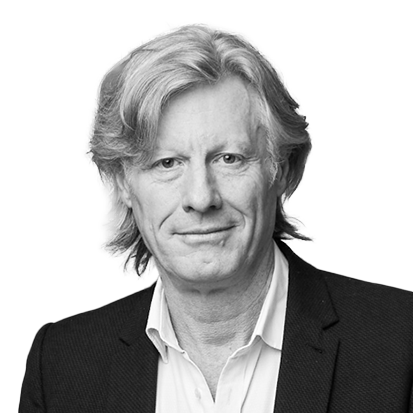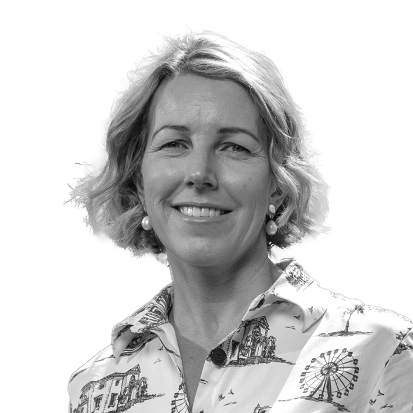To mark International Women’s Day 2024, NDY’s Sydney, Melbourne, Perth and Auckland teams hosted a unique hybrid panel event on Thursday 7 March 2024, celebrating the official United Nations (UN) entity for gender equality and the empowerment of women theme Invest in women: Accelerate progress.
This year’s theme, as it has been in the most recent past, is aligned to Goal 5: Gender Equality of the UN’s Sustainable Development Goals.
The targets set for goal 5 are focused broadly on ending discrimination, providing girls and women with reproductive freedom, freedom from violence and finally, economic freedom and with that leadership roles at decision making tables.
The UN’s latest gender snapshot, which was released last year, starkly notes that globally over US$360 billion extra investment per year on gender equality measures is needed for us to achieve these targets by 2030.
During a lively discussion our panellists explored the underlying theme of leadership and the elements needed to get more women at the table. Here are our key takeaways:
Fund women, because they’re good, not just because they’re women
According to Pitchbook ‘In 2023, companies founded solely by women garnered just 2% of the total capital invested in venture-backed startups in the US.’
Dr Angela Lim echoed this data, ‘One of the things that I was actively trying to do last year was to raise capital for the company to expand our business.
‘And actually about 40% of women start businesses, but less than 2% of women receive venture capital or investor dollars. So the common assumption is, women aren’t even starting that many businesses. That’s why they have a smaller proportion of the funds. So that’s completely untrue. And so when I started raising capital, I was very conscious of that.
‘And so I wanted to use the metrics to mitigate some of those biases. So, we had what we call product metrics. So we knew, for example, that compared to other mental health applications out there, we had ten times more use than these other applications. We looked at growth metrics or sales metrics.
‘So we were doubling and tripling year-on-year for 3 years in a row with pretty much non-existent marketing spend. And so you think, okay, well this must be a really exciting business proposition for these investors. And mental health obviously was a growing need, especially post-COVID. And they will say to me, really great metrics, but I just don’t have conviction that you would be successful.
‘And it’s just a roundabout way of saying you don’t look like a young white man and so therefore you must not be this unicorn company that they could be. So I think really just being very mindful when we think about ensuring equitable opportunities for diverse communities or marginalised communities, that we are holding those biases with our unconscious or conscious in check.’
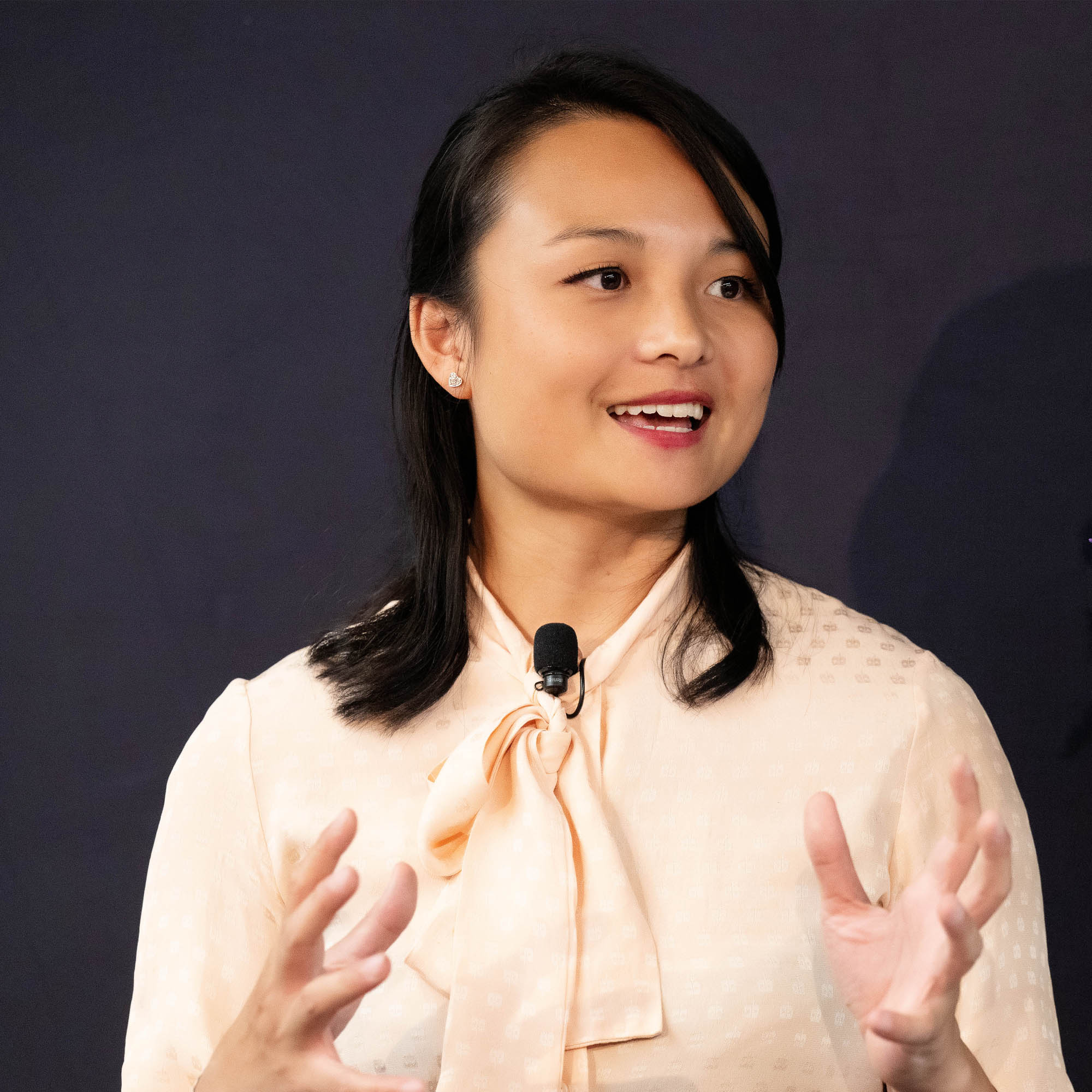
Dr Angela Lim
Founder, Clearhead
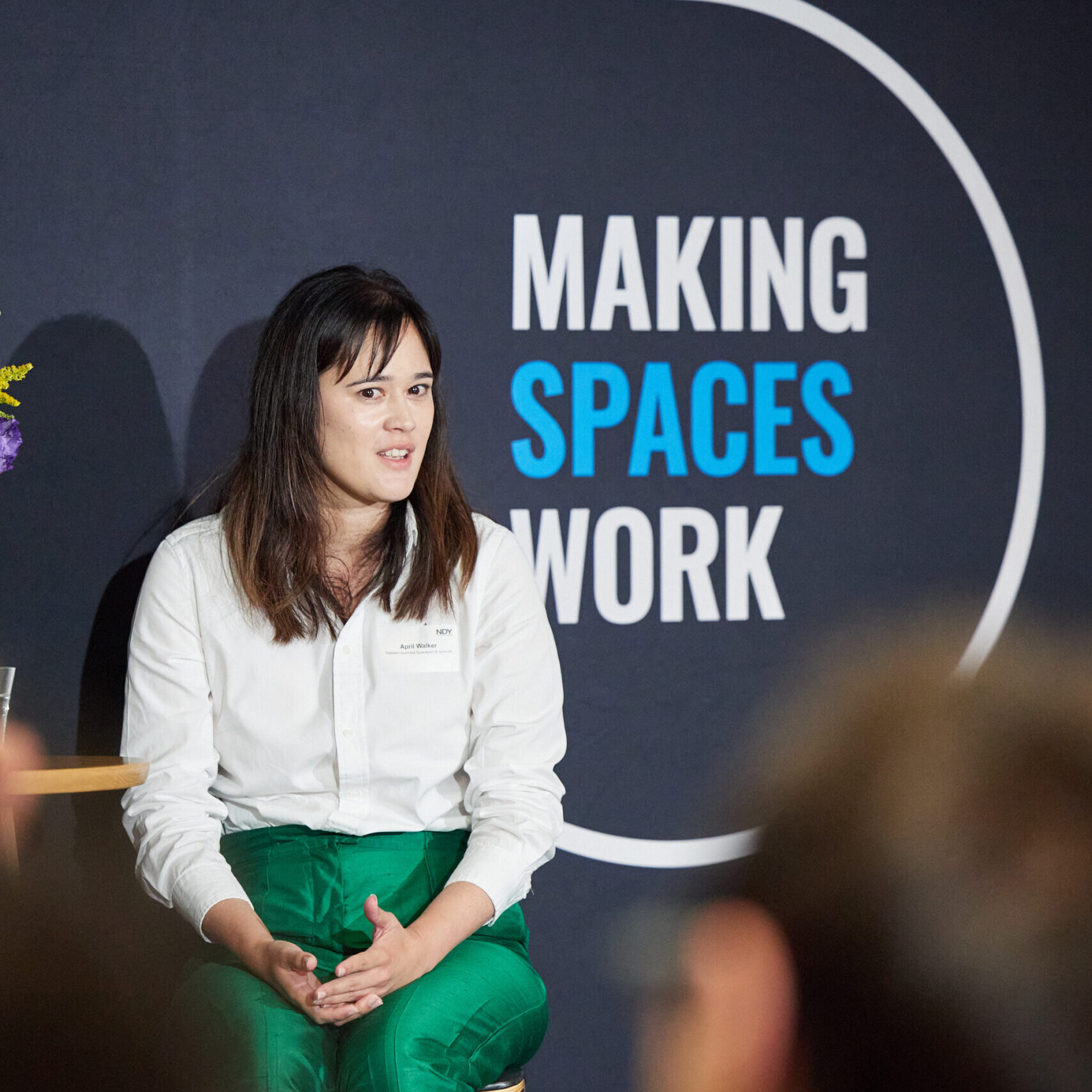
April Walker
Founder, Western Australia Spaceport
Overwhelmingly though, female entrepreneurs and founders want to be seen to succeed based on their merits, not just their gender. ‘I don’t want to see VC funding because of my gender. I want to receive funding or government grants because my venture contributes to government strategy or space. What is the most probable product of success for that venture strategy? I would be mortified if that was the reason why I received venture funding or government grant over, say, a male who had a better idea than me. That would just break my heart.’ says April Walker.
Sponsor, don’t just mentor
According to the Harvard Business Review while mentorship focuses on help that a mentor can provide directly, such as guidance, advice, feedback on skills and coaching, sponsorship entails externally facing support, such as advocacy, visibility, promotion and connections. Seeing sponsorship as a three-way relationship between sponsors, protégés and an audience clarifies the difference between it and mentorship.
Georgina Mahony puts it this way, ‘I’ve been very fortunate to have incredible sponsorship and I want to differentiate that word to people. It’s really important. Women always talk about mentorship. What you need more, in my experience, in the workplace is sponsorship.
‘And that’s not just other women. That’s men in the room sponsoring women. So I was very lucky. Some of my key early leadership roles. I had fabulous male managers who said, nah, she’s capable, and they actually put their neck out in meetings and said give her a go. I now feel that’s really incumbent on me to do the same thing.’
‘But sponsors, and particularly to the men in this room, are some of the most important relationships, and I guess also some of my biggest growth in my career has also been as I got more senior and that executive coaching, that ability for you to step beyond the next stage and understand where you’re at.
‘So I think having that ability for women to step up and lead is really important.’
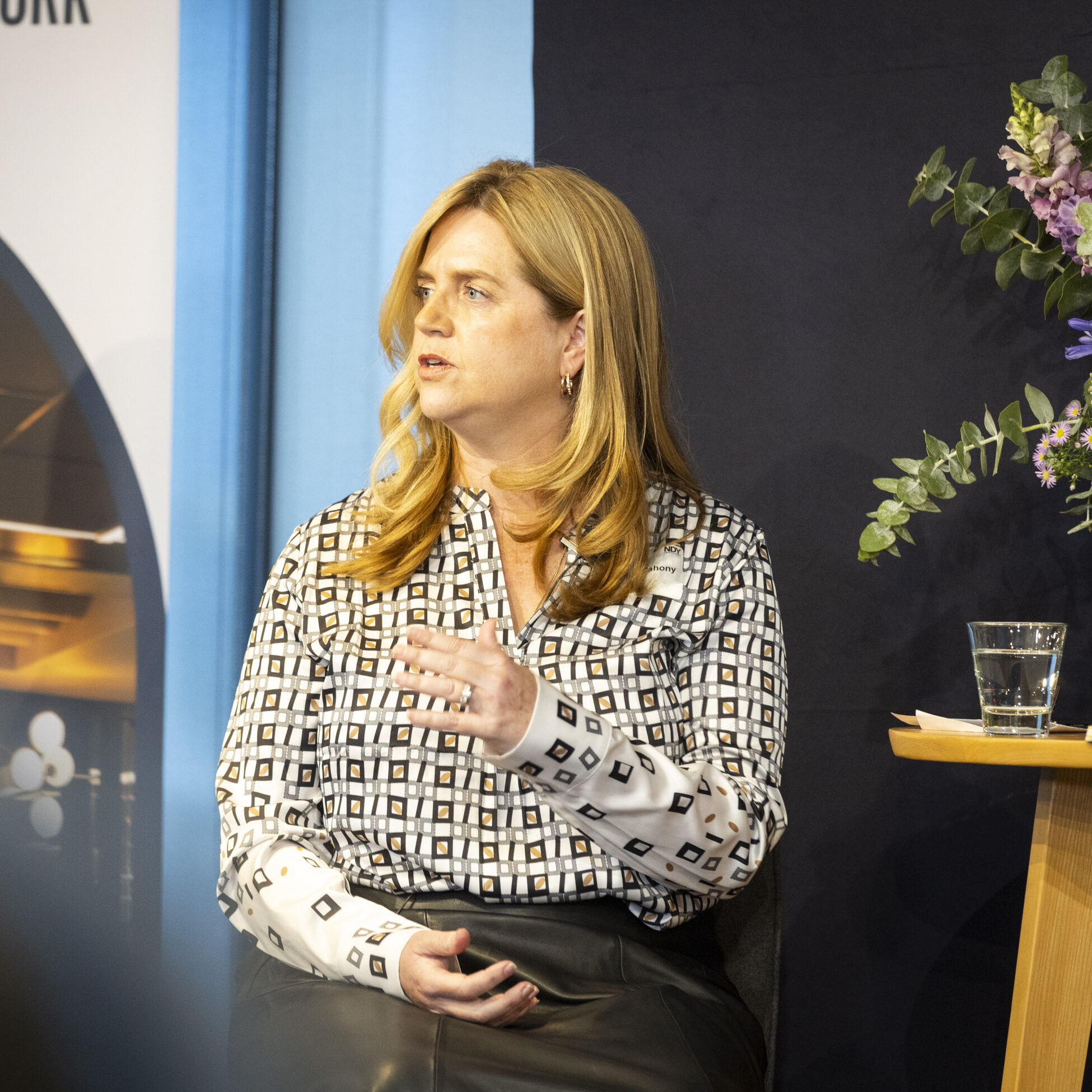
Georgina Mahony
Director, Ediom
The built environment influences the social environment
Contemporary sustainability practices in our industry are holistic in their perspective, considering the entire environmental, social and governance impact of buildings. This approach is built into the framework of ratings tools such as WELL and Green Star, with the influence changing how workplaces address gender equality. Zoe Neill sees how this approach has played a key role in advancing gender equality and empowerment, ‘I really like talking about tracking data and different issues that women struggle with in the workplace, because I think it’s that data that allows certifying bodies such as the Green Building Council of Australia and WELL to really develop tools that drive that change.’
‘They have a number of different credits and features that talk specifically to women struggling to go back to the workplace because they have different responsibilities to deal with. So for example, in WELL they have a number of features that encourage businesses and clients to consider lactation rooms, so that women returning to the workforce after having children can still have the ability to manage both facets of their life.
‘Also looking at policies that allow the re-onboarding of mothers and policies around flexible working and childcare support. It’s actually a great opportunity too for tools to drive that additional sustainability into integrated spaces. And with Green Star similarly in their latest update, they have an entire credit around how do we integrate underrepresented groups into our construction sites and that includes women.
‘They give a number of guidelines on building up an effective action plan to do that. And I think it’s really great that, one, we live in a world where these rating tools are driving that additional aspect of sustainability, and two, there’s a lot of companies picking them up and probably implementing them even without that.’
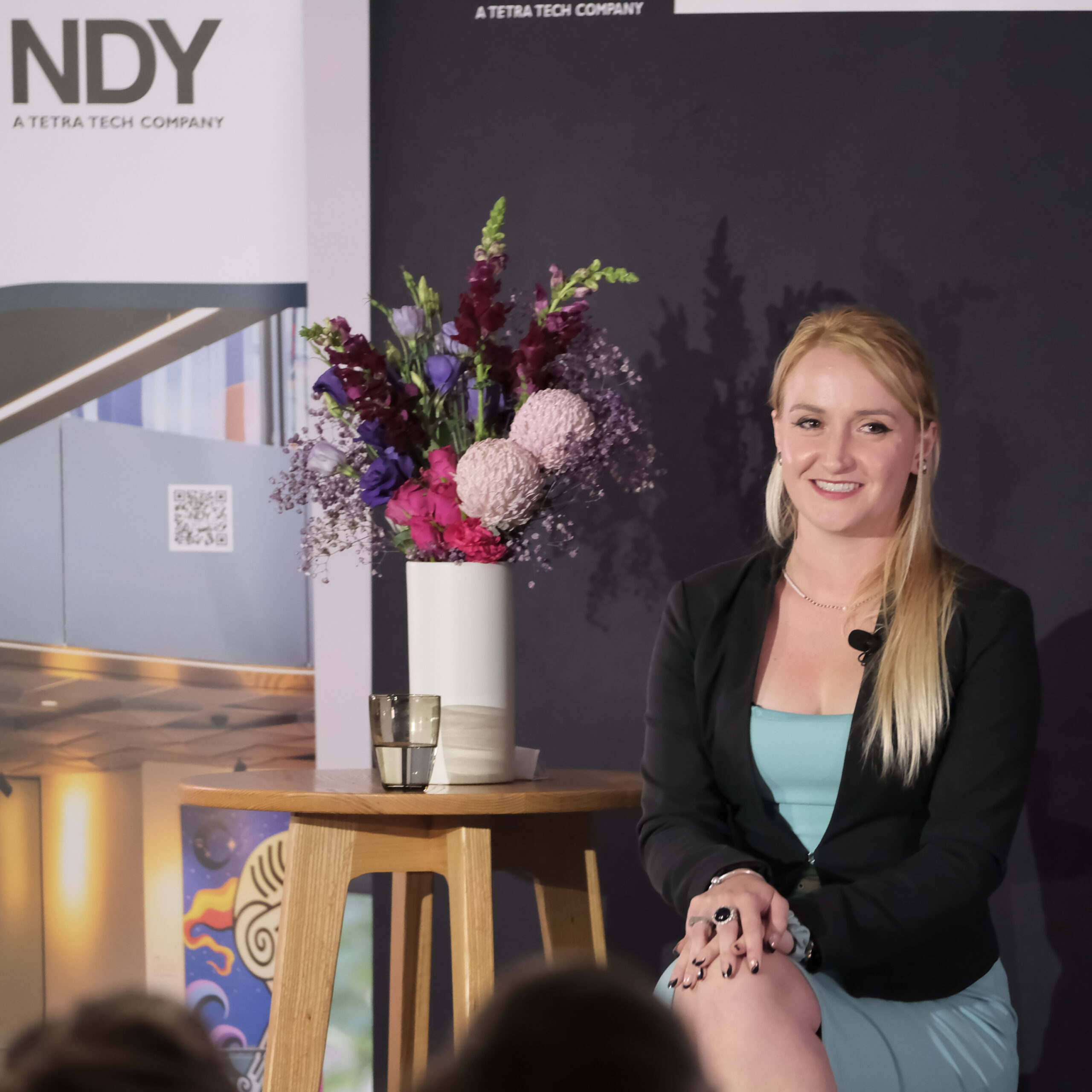
Zoe Neill
NSW Sustainability Lead, NDY
Empowering through education
According to the UN increasing women’s and girls’ education contributes to women’s economic empowerment. Education, upskilling, and re-skilling—especially to keep pace with rapid technological transformations affecting jobs—are critical for women’s and girls’ health and wellbeing, as well as their income-generation opportunities and participation in the formal labour market.
Neill Johanson talked from his own experience in Nepal about the impact education can have on communities, ‘Change is possible. We are seeing that and one of the things that I think is coming through today is education and educating, not just helping the teachers, helping the young girls and women, but also educating the parents.’
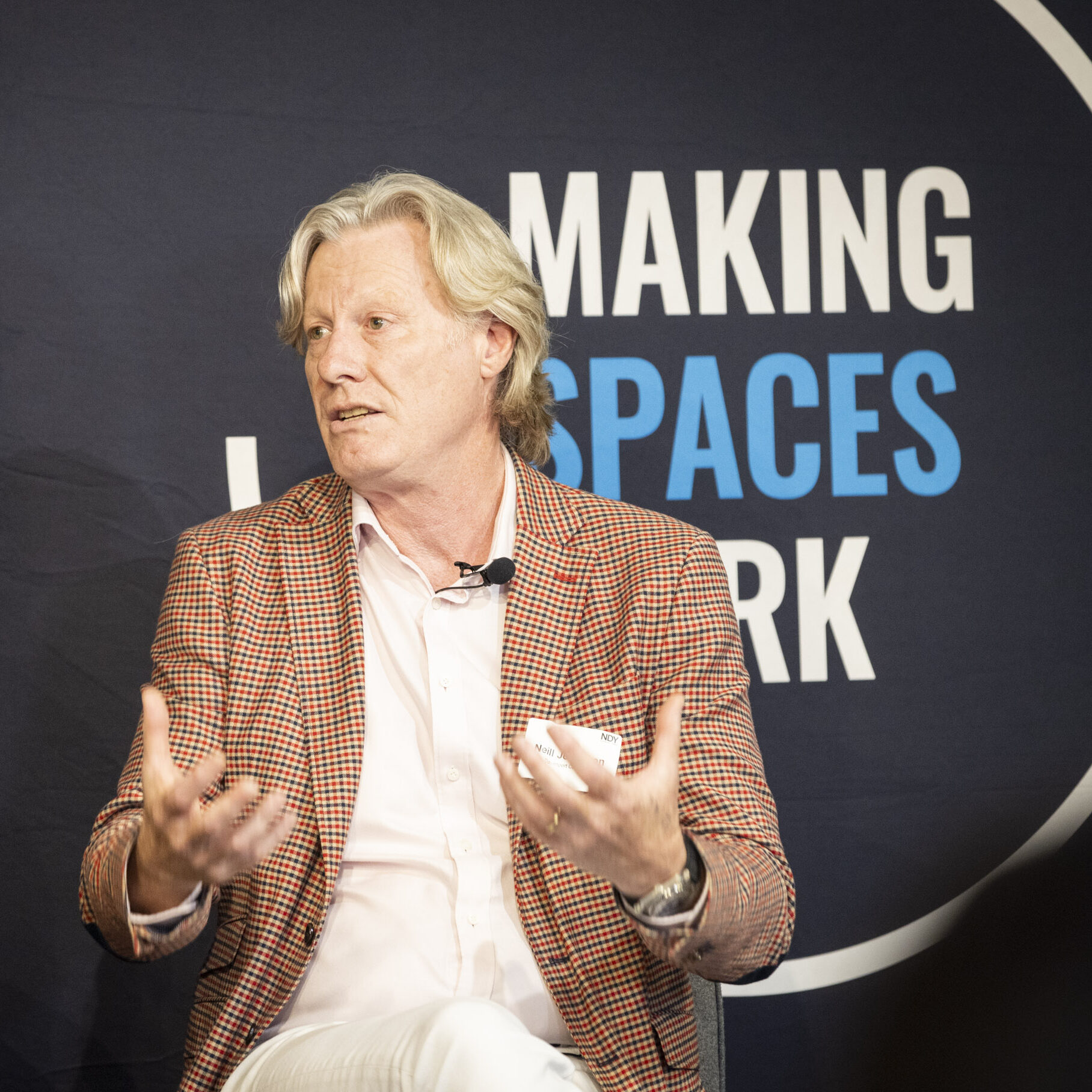
Neill Johanson
Principal, Davenport Campbell
Watch the event recording
Extra Questions For Our Panelists
Our in person and online audience was very engaged in the conversation – submitting so many questions during the session that our panel couldn’t address them all. Neill Johanson took some time to answer his favorite questions from the audience in context of his reflections on a revelatory dialogue with his wife, which challenged his previous perceptions and highlighted the importance of inclusive decision-making. This candid exchange revealed missed opportunities for mutual success.
To Neill, You mentioned that you missed the conversation with your wife on her career. 20 years on, what conversations have you had with your daughter since?
Great question.
We often speak about not being heard, that could be at work, with friends and at home as well so we have had conversations about picking a partner who hears you. Without that planning, a career, becomes very lopsided.
Neill, if you could go back 20 years, what would you do differently? Would you have been prepared to take a different path or take longer to get there?
I spoke to may partner about this a few days after the IWD event and tried to imagine a different me. Our conversation, back then, should have started with ‘what is the right thing to do’, rather than ‘what’s right for me’.
I made lots of assumptions to reinforce my position without truly exploring what we could achieve together by mutually supporting each other. The outcome may have been the same or completely different but what I failed to do was invest time in our relationship to talk through all the things that needed to be resolved.


